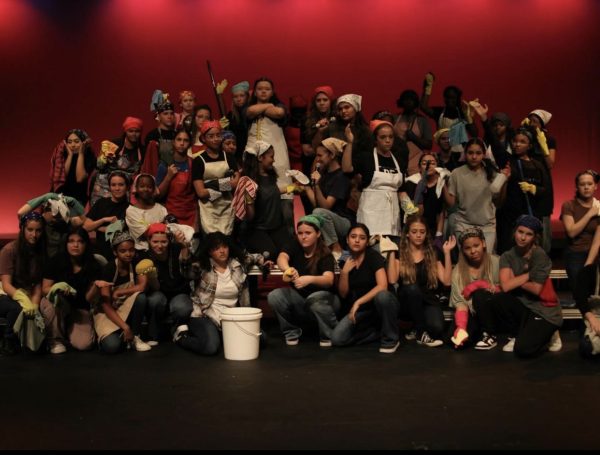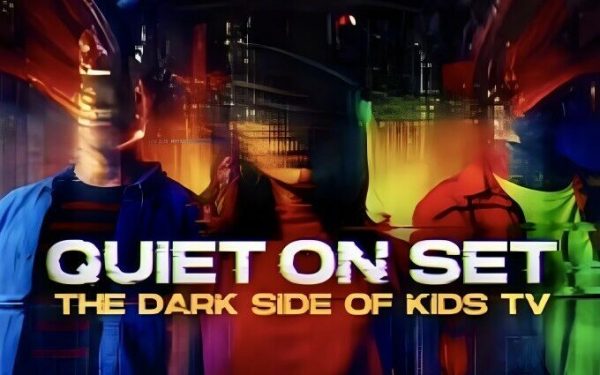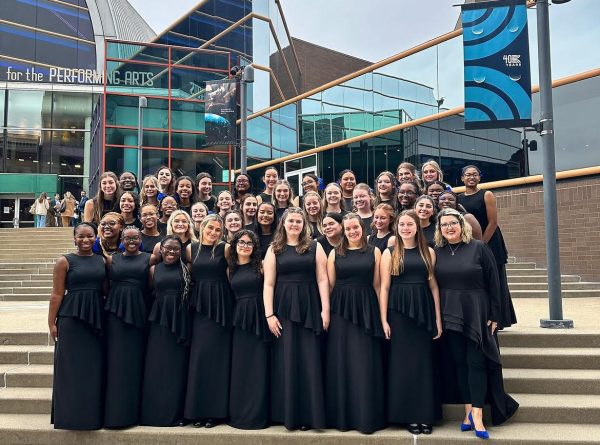Bury Me in Laurel Hell
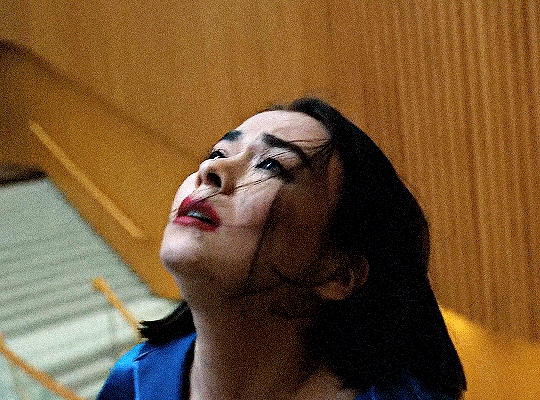
Mitski has become the voice of the young adult experience from the beginning. She channeled her pain into music that’s lyricism has touched the hearts of many individuals from young teens to Millennials who feel the full punch of her words. Her music sound tends to be “raw” and “unpolished” in her older works, which play into the reality of her emotions. This led to hundreds of thousands of people finding comfort and reliability in her songs. However, her more recent releases, “Be the Cowboy” and “Laurel Hell,” has received mixed reviews from her fanbase. This is because these albums are more “polished” in sound and don’t give that “rough angst” of past albums such as “Puberty 2″. 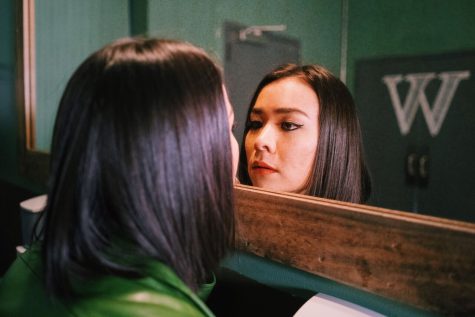 “It irks me when fans of a certain artist say that ‘They’re becoming mainstream’ or ‘they’re not making the same music no more’ stuff like ‘their old music is better,'” Senior Martine Joseph said when asked how she felt about the mixed reactions. “I understand it’s feeling is nostalgic because the old music reminds you of ‘good times,’ but let artists grow and explore new sounds!”
“It irks me when fans of a certain artist say that ‘They’re becoming mainstream’ or ‘they’re not making the same music no more’ stuff like ‘their old music is better,'” Senior Martine Joseph said when asked how she felt about the mixed reactions. “I understand it’s feeling is nostalgic because the old music reminds you of ‘good times,’ but let artists grow and explore new sounds!”
What is a Laurel Hell anyway? Is it just something she’s made up like any other artist when it comes down to getting the records selling? Not quite. In an interview with Apple Music’s Zane Lowe, she said that the term came from the Southern Appalachians in the USA. Laurels are a bush that grows in dense groups, so when people get stuck in them, they can’t get out because everything looks the same. “I liked the notion of being stuck inside this explosion of flowers and perhaps even dying within one of them.” This phrase perfectly describes the feeling you get when listening to the album, a performance of poisonous sentiments blooming beautifully.
Laurel Hell’s 80’s synth-pop sound, while different than her “grunge” sound of her earlier music, fits her well for her current style. In this album, she explores the subject of indirection in life, infidelity, her music career, and constantly changing yourself to be “better.” Together with her soft vocals, these topics bring out this heavenly feeling that is tainted in darkness, a darkness that will be referenced and alluded to throughout the album.
The album opens with the title track “Valentine, Texas,” which by far is one of Mitski’s best album openers. This song starts the spider web in the connectivity of songs in Laurel Hell and her earlier works. “Ethereal feelings and vibes that I get from this song make me feel good. Plus, the best drop does something to me,” said Martine Joseph when asked about the opener. Mitski opens the piece with gentle instrumentals. Her first words are “Let’s step carefully into the dark” through the album, the dark and succumbing to it have been mentioned at multiple points. An example of this is in “Everyone” when she said “And I left the door open to the dark. I said, ‘Come in, Come in, whatever you are.'” But, what is the dark? Her not being specific leaves room for the lyrics to change and morph into having a home in everyone’s life. 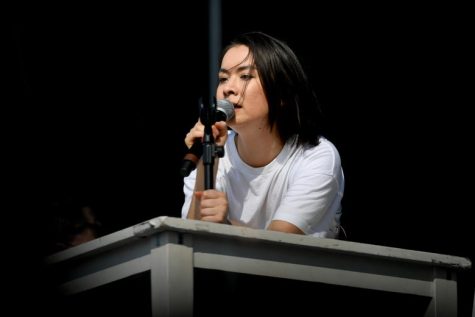
Another memorable song on Laurel Hell would be “I Guess.” I would consider it the most sentimental ballad on the album and helps to show another layer of the album’s messaging. My favorite line from this song is, “If I could keep anything of you, I would keep just this quiet after you.” While this song has transparent illusions to Mitski learning how to live without making music and her reflection on the whole experience, the lyrics can find themselves fitting for multiple situations in life, not only when it comes to the end of a relationship. The soft piano in the background complements the cadence of her voice throughout the entire song. Neither the vocals nor the instrumentals overpower each other. It is a simple yet beautiful ballad.
Yet again, Mitski created an album that reaffirms her place as “The 21st Century’s Poet Laureate of Young Adulthood.” While this album has a different sound than the rest, I feel like this creative choice complimented her voice and the lyrics as they flowed. The heavenly ballads laid out throughout the album help to show a different part of Mitski’s thought process and experiences that, while detailed, leaves enough vagueness that when someone listens, they’re not just watching her through a window, but singing with her. So what is your darkness?

